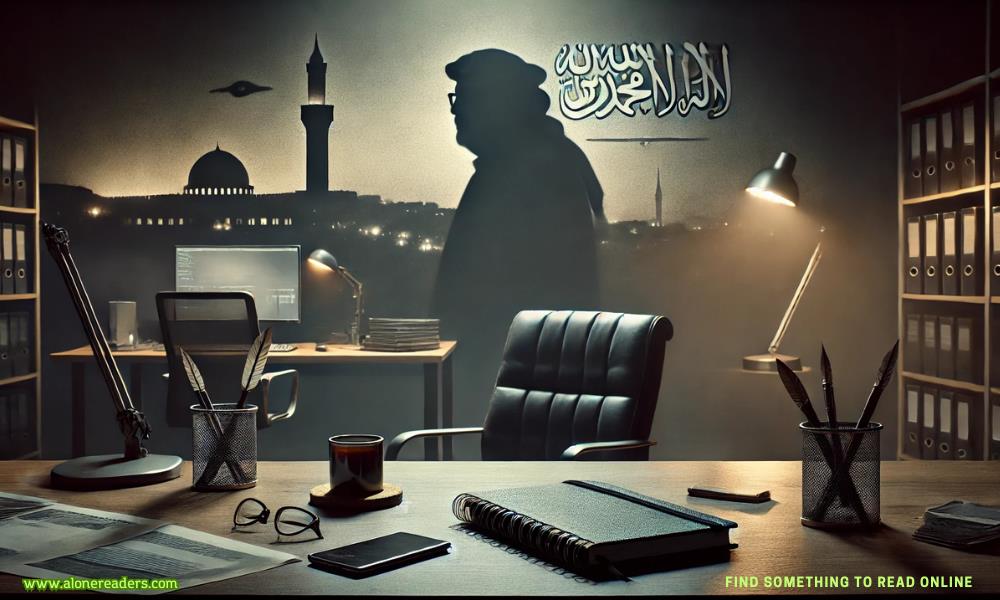
The disappearance of Jamal Khashoggi in October 2018 remains one of the most chilling and high-profile cases of a journalist being silenced in recent history. A respected Saudi journalist and columnist for The Washington Post, Khashoggi was an outspoken critic of Saudi Arabia's government and its de facto ruler, Crown Prince Mohammed bin Salman. His case drew international attention not only for its brutality but also for the geopolitical tensions it highlighted between Saudi Arabia, Turkey, and other nations.
Khashoggi entered the Saudi consulate in Istanbul, Turkey, on October 2, 2018, seeking documents necessary for his upcoming marriage. He was never seen leaving the building. Initial denials from Saudi authorities were followed by conflicting narratives, with the kingdom eventually admitting that Khashoggi was killed inside the consulate. This admission came only after mounting international pressure and evidence presented by Turkish authorities, including audio recordings allegedly documenting Khashoggi’s gruesome murder and dismemberment.
The case unraveled a web of intrigue, exposing covert operations and the lengths to which certain regimes might go to silence dissent. Turkish President Recep Tayyip Erdoğan accused Saudi Arabia of orchestrating a premeditated murder, calling for an international investigation. Saudi officials claimed that Khashoggi’s death resulted from a "rogue operation," distancing the Crown Prince from direct involvement. However, a report by the U.S. Central Intelligence Agency (CIA) later concluded with high confidence that Mohammed bin Salman had approved the operation to kill or capture Khashoggi.
The incident sent shockwaves through the global community, prompting widespread condemnation from governments, human rights organizations, and media outlets. It highlighted the precarious position of journalists, particularly those challenging authoritarian regimes. Khashoggi’s death underscored the risks faced by reporters who speak truth to power, often becoming targets of state-sanctioned violence.
Beyond the immediate tragedy, the Khashoggi case had profound geopolitical implications. Turkey leveraged the incident to assert itself as a regional power, releasing evidence incrementally to pressure Saudi Arabia and gain international support. The United States, a long-standing ally of Saudi Arabia, faced criticism for its tepid response, reflecting the delicate balance between upholding human rights and maintaining strategic partnerships. While some nations imposed sanctions and visa restrictions on Saudi officials linked to the murder, others, particularly in the Middle East, refrained from taking significant action.
The case also sparked debates about press freedom and accountability. Khashoggi’s disappearance and subsequent killing became a rallying cry for journalists worldwide, emphasizing the need for stronger protections for those reporting on corruption and abuses of power. It also exposed the limitations of international mechanisms in holding powerful states accountable for human rights violations.
In the years following Khashoggi’s death, his fiancée, Hatice Cengiz, became a prominent advocate for justice, urging global leaders to demand accountability from Saudi Arabia. Organizations such as Amnesty International and Reporters Without Borders kept the case in the public eye, emphasizing its broader significance for press freedom and human rights.
Despite international outcry, meaningful consequences for Saudi Arabia remained limited. The kingdom continued its strategic partnerships with key global powers, leveraging its economic and political influence. The case highlighted the challenges of balancing ethical principles with realpolitik, as nations grappled with the tension between condemning human rights abuses and preserving economic and security ties.
The disappearance and murder of Jamal Khashoggi served as a grim reminder of the dangers journalists face in their pursuit of truth. It underscored the urgent need for global solidarity in defending press freedom and holding perpetrators accountable. While his death remains a symbol of the fight against impunity, the broader implications of his silencing continue to resonate in discussions about human rights and the role of the press in holding power to account.